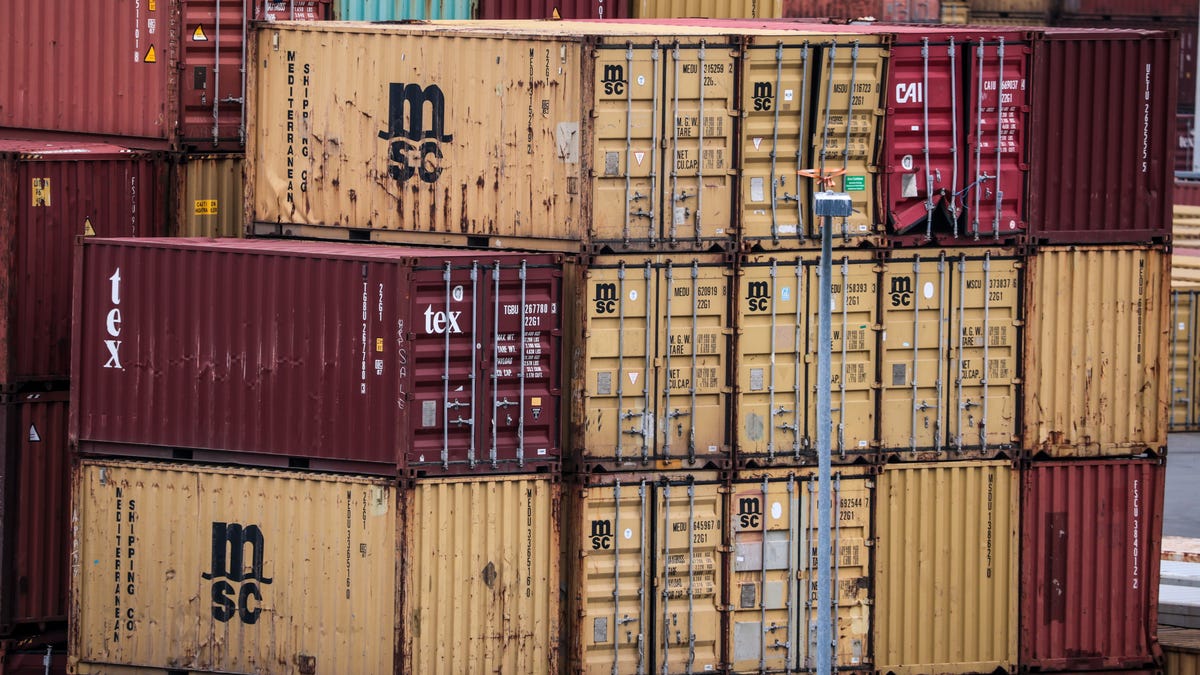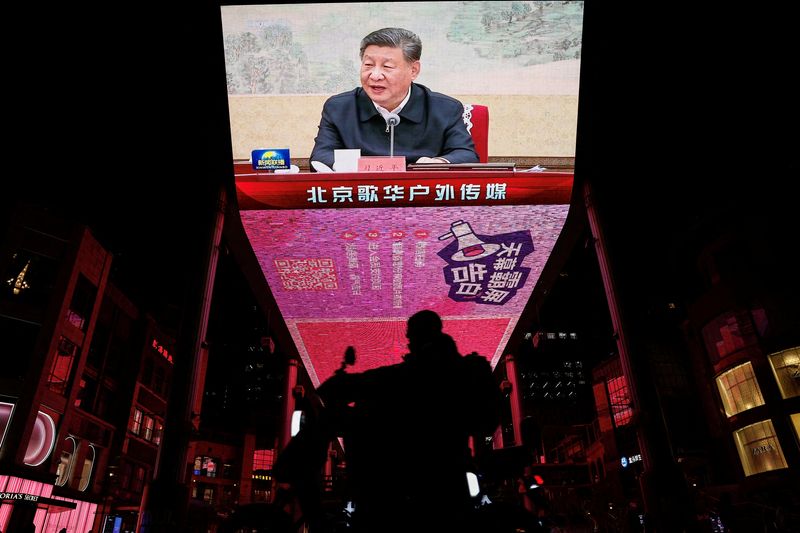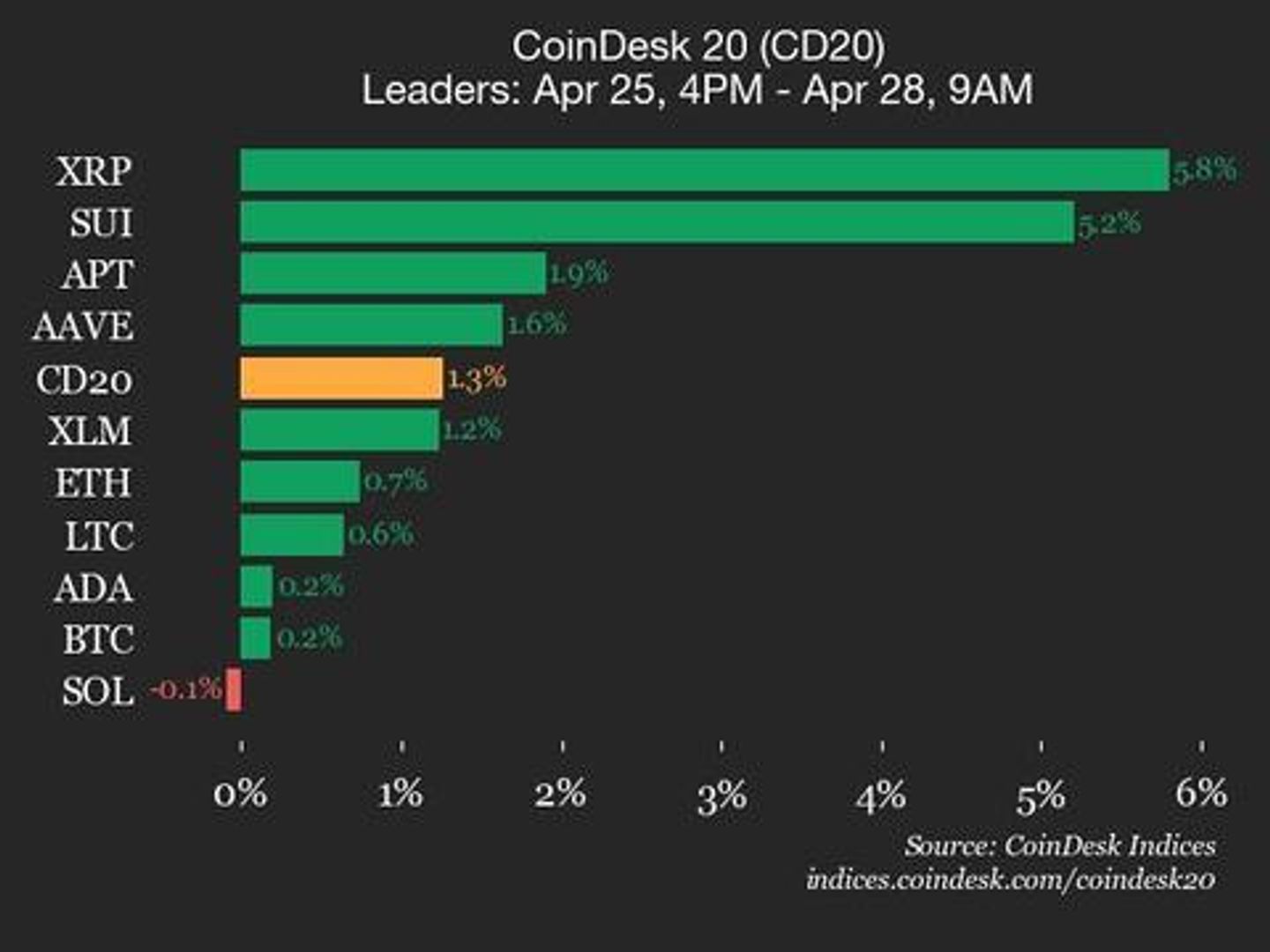AGNC Investment Remains Comfortable With its 16%-Yielding Dividend Amid the Recent Market Shift
Market volatility has increased significantly this year. The Trump administration's introduction of reciprocal tariffs spooked the market, causing concerns that we could be heading toward a recession. That drove investors to sell off stocks and bonds as they repositioned their portfolios to better navigate the current period of uncertainty. These market changes have already had some impact on AGNC Investment (NASDAQ: AGNC). Despite that, the mortgage REIT remains comfortable with its current monthly dividend level, which gives it an eye-popping yield of more than 16%.The CEO of AGNC Investment, Peter Federico, discussed the recent market shift on the company's first-quarter earnings conference call. He commented that the tariff policy announcement earlier this month "caused volatility to increase significantly across all financial markets." The issue is that "with the breadth and magnitude of the tariffs being greater than anticipated, recession fears increased materially." Continue reading

Market volatility has increased significantly this year. The Trump administration's introduction of reciprocal tariffs spooked the market, causing concerns that we could be heading toward a recession. That drove investors to sell off stocks and bonds as they repositioned their portfolios to better navigate the current period of uncertainty.
These market changes have already had some impact on AGNC Investment (NASDAQ: AGNC). Despite that, the mortgage REIT remains comfortable with its current monthly dividend level, which gives it an eye-popping yield of more than 16%.
The CEO of AGNC Investment, Peter Federico, discussed the recent market shift on the company's first-quarter earnings conference call. He commented that the tariff policy announcement earlier this month "caused volatility to increase significantly across all financial markets." The issue is that "with the breadth and magnitude of the tariffs being greater than anticipated, recession fears increased materially."




![How To Align Your SEO Process With AI Discovery [Infographic]](https://imgproxy.divecdn.com/9P2R5ZZoepHyBzf0CW-n2EgWRhr-_OdwsznROe_GvnM/g:ce/rs:fit:770:435/Z3M6Ly9kaXZlc2l0ZS1zdG9yYWdlL2RpdmVpbWFnZS9haV9zZWFyY2hfaW5mbzIucG5n.webp)























































































































































































